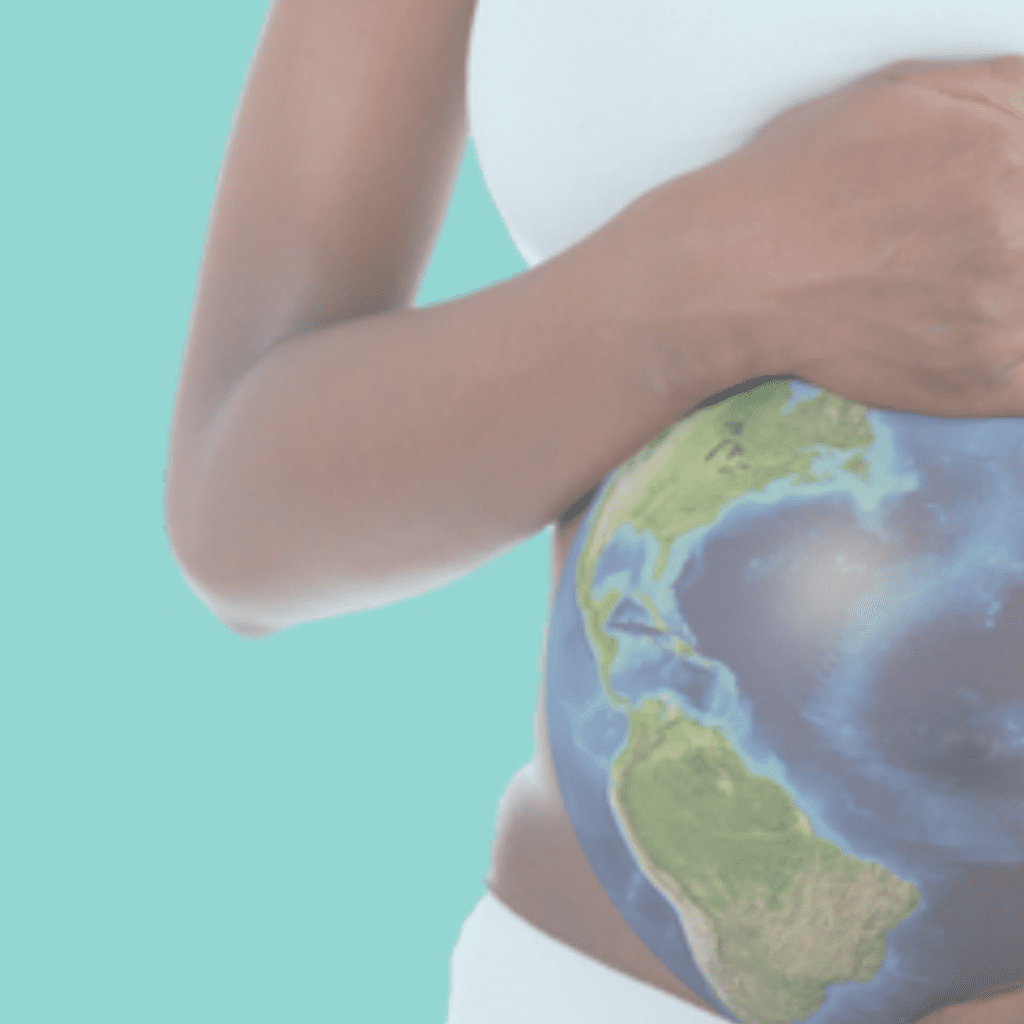Learn about the connect between climate change and perinatal health through a summary of a recent article titled “Associations between high temperatures in pregnancy and risk of preterm birth, low birth weight, and stillbirths: systematic review and meta-analysis” by Chersich et. al.
A recent study from Chersich et. al found that heat exposure can affect perinatal health and possibly children’s health especially for those birthing people who are of lower socioeconomic status. This is particularly concerning given the temperature rises due to the ever-increasing threat of global warming.
Previous research has found that changes that inhibit a birth person’s ability to regulate their temperature, known as thermoregulation, can raise the risks of adverse pregnancy outcomes. Vulnerable groups are unable to limit their exposure to extreme heat, making them particularly vulnerable to the increasing temperatures due to global warming.
The systematic review or metanalysis study published in September 2020 titled “Associations between high temperatures in pregnancy and risk of preterm birth, low birth weight, and stillbirths: systematic review and meta-analysis” by Chersich et. al added to the previous research by finding that “exposure to high temperature is associated with an increase in adverse pregnancy outcomes, especially preterm birth and stillbirth, and among women in lower socioeconomic groups”.
The study’s authors looked at 14,880 records and 175 full text articles including 70 studies in 27 countries, seven of which were low- or middle-income countries. Using this method, the researchers found that:
- In 40 of 47 studies examined, preterm births were more common at higher temperatures.
- For every 1°C increase, the odds of a preterm birth and stillbirths rose 1.05-fold.
- Associations between temperature and outcomes were most evident among those in lower socioeconomic groups and those birthing people of relatively old and young age.
- In 18 of 28 studies examined, higher temperatures were associated with smaller birth weight.
In conclusion, this study adds yet another negative affect of the global climate emergency; perinatal health and indicates that children’s health may also be affected by the heat exposure during the pregnancy of their birth parent.
To read the full paper, visit https://www.bmj.com/content/371/bmj.m3811.
Nurturely recently hosted a panel discussion on the intersection of perinatal health, planetary health, and racial and social justice. To learn more about this session and receive a recording, visit nurturely.org/planet/ and register.
